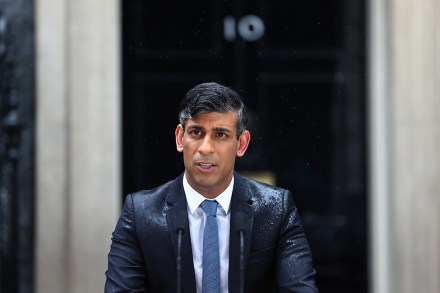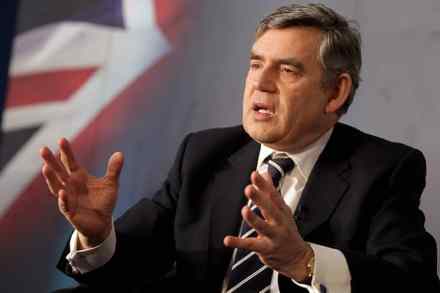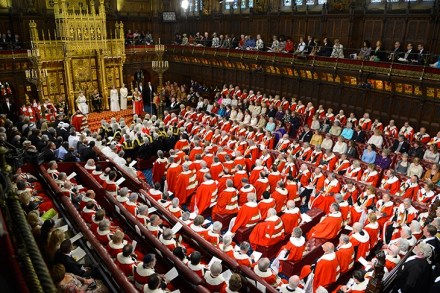The Tory party’s wannabe comeback kids
When a prime minister leaves No. 10, they usually discover the phone soon stops ringing. But there is at least a brief window when they are more popular with colleagues than they were in office. Why? The resignation honours list. It is a way to curry favour, settle debts and win back friends. While the thank-you list appears after a premiership is over, it can affect how a leader is remembered. While the honours list appears after a premiership is over, it still affects how a leader is remembered In keeping with her premiership, Liz Truss’s list was short – but it still became the subject of fierce debate in






